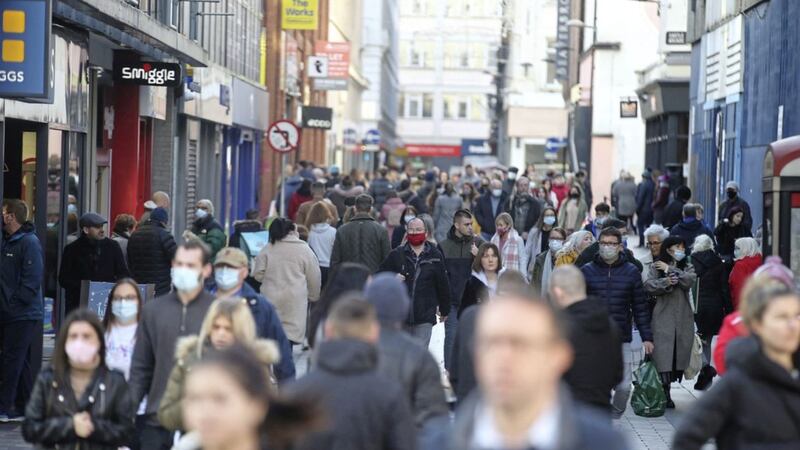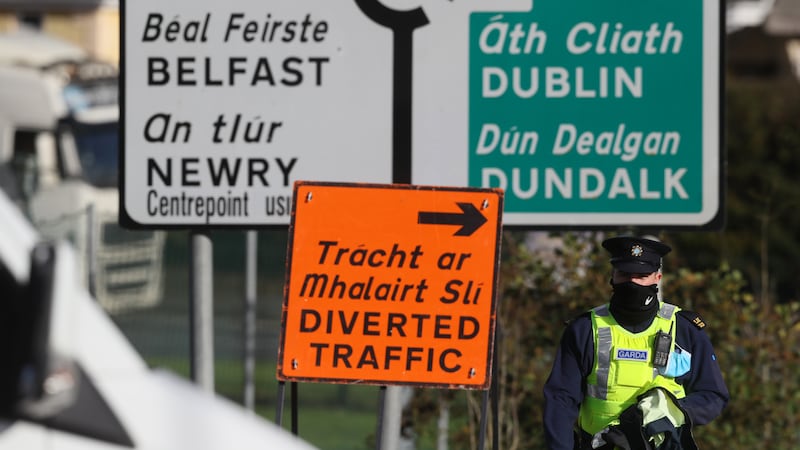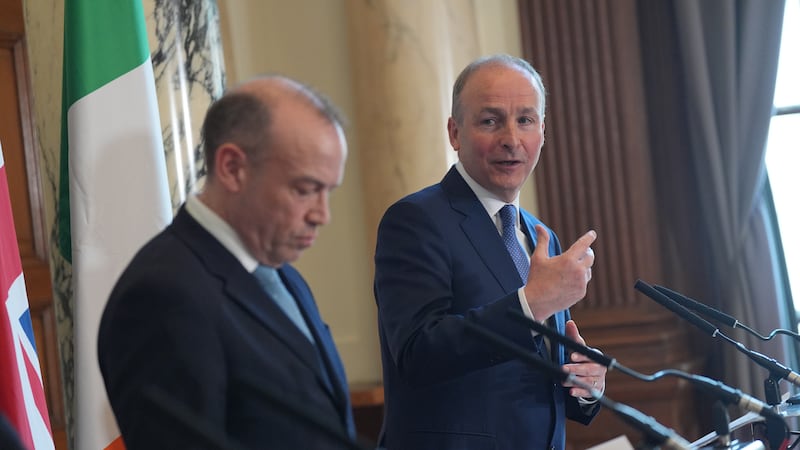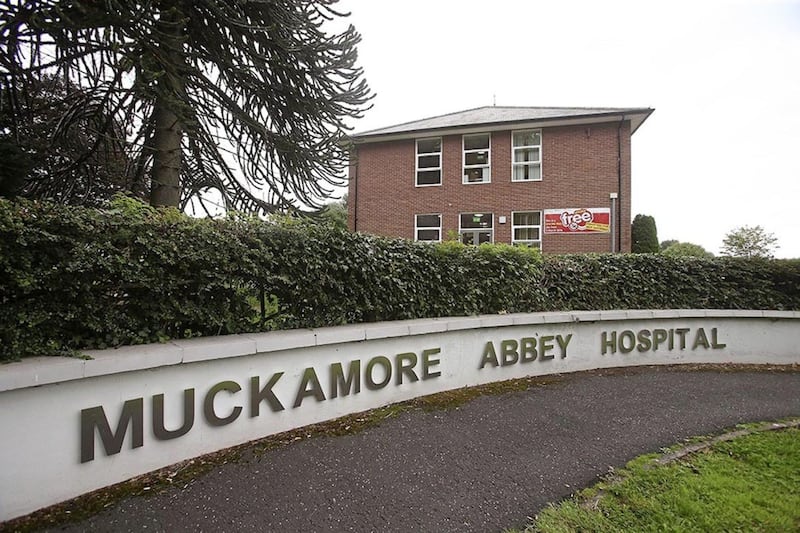Between 1644 and 1659, the Puritans tried to ban Christmas. Religious and secular celebrations were forbidden, with mixed success.
In 1647, just after the First English Civil War, a wave of sympathy for King Charles I saw many people openly defy the ban. Riots and disturbances were reported in towns including Ipswich, Oxford, Ealing, and Canterbury.
Of course there are no calls to cancel Christmas just yet, but most of us can expect a much more muted celebration this year.
Or perhaps not.
Last week I made the grave error of walking into Belfast city centre on a Friday afternoon. If the queues in the shops were anything to go by, many people are approaching their Christmas shopping as if the end times are near and an Oliver Cromwell for the Netflix generation is about to rise to power.
It’s all very well asking people to wear a mask but their efficacy might be hampered by having to stand cheek by jowl with dozens of other desperate people searching for wrapping paper and novelty socks.
The executive’s decision to introduce stricter rules from Friday of this week naturally meant that thousands of people calculated how many shopping days they had left until Christmas and thought they’d get in early, in case the two-week circuit breaker was extended.
Aodhán Connolly of the Northern Ireland Retail Consortium has already described the rise in shopping footfall as “astronomical”.
If the circuit breaker was needed, surely it made sense to bring it in as soon as possible, without giving a one-week warning? Some of the decisions taken by the executive haven’t just been baffling from a public health standpoint, they’ve also defied logic.
The head of the Catholic Church in Ireland, Archbishop Eamon Martin, and Presbyterian moderator Dr David Bruce have expressed serious concerns about the suspension of public worship during the two-week circuit breaker.
Archbishop Martin said the circuit breaker ran contrary to assurances given to faith groups. And he sought clarification on whether churches can open for "individual visits and private prayer”.
The archbishop’s comments are bound to draw much sympathy. This has been a hugely painful year, particularly for elderly people across Ireland, many of whom have been self-isolating since March. For Christians, the spiritual preparation of Advent means so much more that shopping and eating to excess.
Yet those observant Christians are increasingly in a minority.
Over the last few decades, as church attendances have fallen, our Christmases have become increasingly secular, less about the birth of Christ and more about Mammon. Shopping and eating out have become important drivers of the economy and arguably more important to many people than religious celebrations.
A few years ago, I received some difficult news in mid November and found myself miserably wandering around Connswater shopping centre in east Belfast, feeling irrationally angry at the large cardboard cut-outs of Jedward (complete with horrible Christmas jumpers) staring from the window of Peacocks.
For those of us who love Christmas Day, but not the lengthy run-up, the last few months of the year can prove a trial.
But in this pandemic year, it’s important to look at the wider picture. People of other faiths have been hit by the restrictions. Millions across the UK managed to get through Diwali, Eid and Yom Kippur without being able to visit their families.
Granted, we still live in a predominantly Christian country but is having a normal family Christmas, including shopping for presents, really worth a spike in infections and deaths? For the thousands of people who lost their jobs during lockdown and are facing a tough future, the festive season will just be a reminder of a dreadful 2020.
No elected politician wants to tell people that they can’t see their families at Christmas. But maybe they should. The tough lockdown we experienced in the spring and summer was difficult, but it worked. If the true spirit of Christmas is about kindness and giving, then we all need to make difficult sacrifices. Spending a few days with family, when social distancing is bound to be impossible, may not worth the risk if more deaths are to come in the new year.
This message, tough as it may be, is perhaps the one we need to hear.








